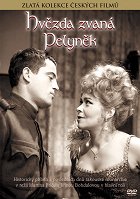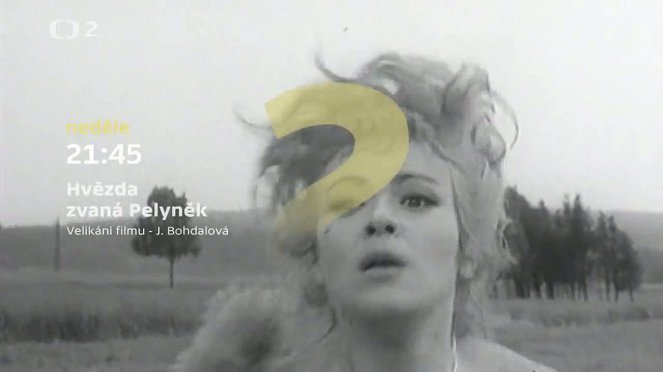Directed by:
Martin FričCinematography:
Jaroslav TuzarComposer:
Dalibor C. VačkářCast:
Jiřina Bohdalová, Vlasta Matulová, Rudolf Deyl ml., Jiří Sovák, Radoslav Brzobohatý, Jan Tříska, Martin Růžek, Josef Větrovec, Jaroslav Mareš, Gustav Heverle (more)Plots(1)
At the end of May 1918, released prisoners return to the Rumburk garrison from Russian captivity, hoping that the war is over for them. The only thing they want is to get their withheld soldier's pay and then go home. In the meantime, they take pleasure in having fun in the local wine cellar The Northern Rose [U Růže severu] and listen and watch the temperamental Tonka sing and dance. In an odd way, she gets close to the soldier Noha. The civilian inhabitants suffer from hunger and shortages. In the barracks and on the training grounds, however, the Austrian drill continues. Its brutal and absurd character is more and more often becoming the cause of the soldiers' discontent. Upon hearing the spreading news that they should return to the front, a rebellion breaks out. The returnees from Russia, influenced by the The October Revolution, already know what to do - and immediately occupy the gendarme's post and the post office. Guarding the railway station is the responsibility of the undisciplined private Červenka. But before he gets there, he cannot resist stopping in the favourite wine cellar and the Sergeant Klozberg reports to Litoměřice about rebellion. Červenka also causes a disharmony among the soldiers. While the minority, on Noha's advice, leave by train to join the workers, the majority, headed by Corporal Vodička, a humanistic idealist, and private Červenka, sets off home on foot. On the way, they are ambushed by the 18th battalion that was sent from Litoměřice and find themselves in the midst of a fight. All the soldiers who had thrown away their weapons earlier at Vodička's call are captured, as well as the returnees with Noha. Three of them - Vodička, Koval and Noha - are sentenced to death. The rest of the Rumburk garrison is indeed sent to the front in a few days. (official distributor synopsis)
(more)Reviews (2)
Rumburk is not St. Petersburg. 1918 is not 1964. Bohdalová-Matulová-Myslíková is not the ideal trio to lift the team's spirits in the last stage of the First World War. If they had made this during World War 2, the Protectorate would have had a black mark for making an anti-Austrian film.
()
A very good film full of great actors. Only the character of Jiřina Bohdalová seemed to me somehow needless all the time, just like many of Hašler's songs... Rudolf Deyl. Jr. once again played a conscious man of the people, who would like to take the example of Russia, make a revolution according to their model and give weapons to the workers... Oh well. More interesting to me than him were the characters of Radoslav Brzobohatý, Martin Růžek, Jiří Sovák, Josef Větrovec and Bohumil Švarc. The final half-hour was not the least bit flawed and it is for this that I add the fourth star to the originally intended three.
()

